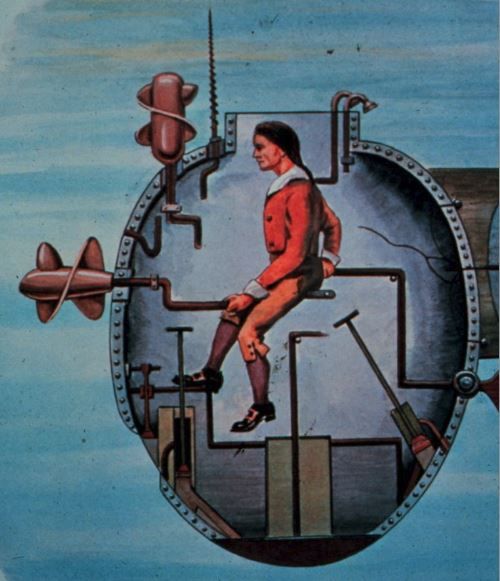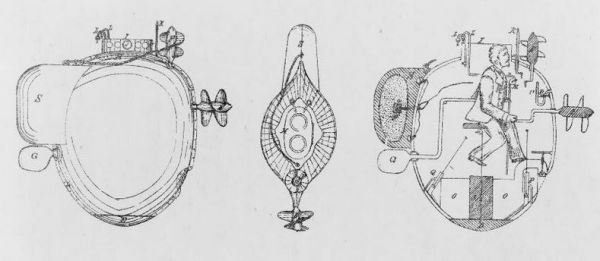Carolina Naturally is read in 194 countries around the world daily.
Don't forget to visit our sister blog: It Is What It Is
Some of our readers today have been in:
The Americas
Toronto, Byward Market, Ottawa, Pikangikum, Templeton, Saint John's, Sioux Lookout, Edmonton and Britannia, Canada
Managua and Tipitapa, Nicaragua
San Juan, Puerto Rico
Buenos Aires, Argentina
Orizaba, Mexico
Bogota, Colombia
Vernalis, Pawling, Corvalis, Mishawaka, Hutto and Manahawken, United States
Lima, Peru
Curitiba and Rio De Janeiro, Brazil
Guatemala City, Guatemala
Willemstad, Curacao
Europe
Minsk, Belarus
Varna, Bulgaria
Rome, Ivrea, Triggiano and Ravenna, Italy
Dublin, Ireland
Nokia, Finland
Sarajevo, Bosnia and Herzegovina
Aalborg and Copenhagen, Denmark
Oslo, Bergen and Bodo, Norway
Saint-Amand, Paris, Rouen, Pas-De-Calais, Pinsaguel and Brie, France
Madrid, Teo and Basauri, Spain
Bucharest, Romania
Reykjavik, Iceland
Covilha and Palmela, Portugal
Moscow and Vladivostok, Russia
Kiev, Kharkiv and Zhovti Vody, Ukraine
Kent, Cambridge, London, Barbican and Manchester, England
Ankara, Istanbul and Izmir, Turkey
Helmstedt, Berlin, Nuremberg, Sulzbach and Rothe Erde, Germany
Athens, Greece
Stockholm and Kista, Sweden
Jicin, Czech Republic
Lucenec, Slovakia
Zurich and Neuchatel, Switzerland
Vilnius, Lithuania
Sillamae, Estonia
San Giljan and Luqa, Malta
Warsaw and Krakow, Poland
Yerevan, Armenia
Amsterdam and Zaanstad, Netherlands
Budapest, Hungary
Liepaja, Latvia
Sofia, Bulgaria
Podgorica, Montenegro
Nicosia, Cyprus
Asia
Multan, Sialkot and Islamabad, Pakistan
Gaza, Palestine
Bangkok, Thailand
Kuala Lumpur, Miri, Petaling Jaya and Puchong, Malaysia
Hanoi, Vietnam
Jakarta and Depok, Indonesia
Ad Dammam and Riyadh, Saudi Arabia
Shimla, Hyderabad, Chennai, Kolkata, Bangalore, Kottayam and Bilkaner, India
Dhaka, Bangladesh
Eydhafushi, Maldives
Port Louis, Mauritius
Kuwait, Kuwait
Kathmandu, Nepal
Africa
Johannesburg and Pretoria, South Africa
Agadir and Tangier, Morocco
Pacific
Manila, Philippines
Homebush and Brisbane, Australia
Suva, Fiji






















 People
in Canada have reported large booming sounds that didn't lead to any
explosives. What they are hearing are "frostquakes," which is kind of
like an earthquake, but produced by the cold weather.
People
in Canada have reported large booming sounds that didn't lead to any
explosives. What they are hearing are "frostquakes," which is kind of
like an earthquake, but produced by the cold weather.







